Dramatic chest pain isn't always one of the clues
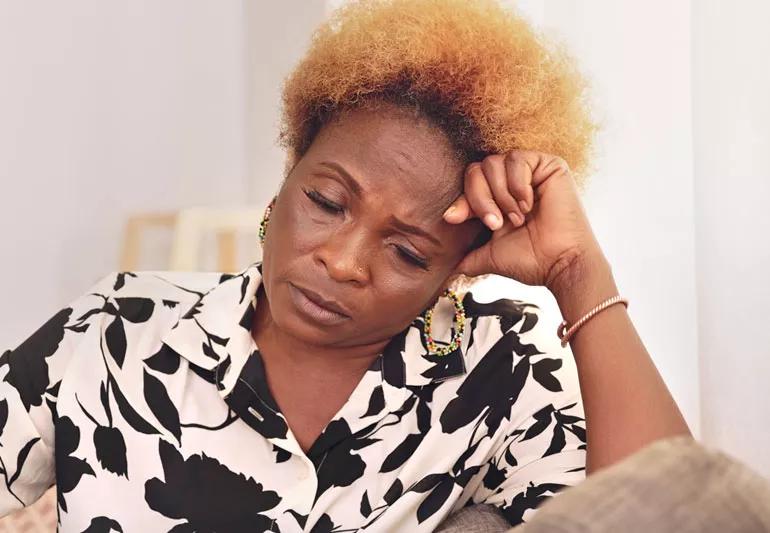
Your body is very adept at giving signals when something’s wrong. For example, a problem with the heart not only triggers nerves in that area, but also causes pain elsewhere. The pain or pressure is sometimes sudden, not due to physical exertion, and can wake you up at night.
Advertisement
Cleveland Clinic is a non-profit academic medical center. Advertising on our site helps support our mission. We do not endorse non-Cleveland Clinic products or services. Policy
More often than not, you associate chest pain/pressure with a heart attack. However, women especially need to watch out for additional signs of cardiac trouble.
“Most women have the same symptoms as men,” says cardiologist Leslie Cho, MD. “Up to 70% of women have chest pressure or chest tightness. But 30% of women have atypical symptoms.”
Below, Dr. Cho discusses the three atypical symptoms you should watch for ― and explains how to tell what’s cause for concern, and what’s not.
Like many women, you’re probably busy most of the time juggling work and family. Unsurprisingly, this means you’re probably also tired a lot of the time, which is perfectly normal. However, cardiac fatigue is far more dramatic and debilitating.
“We’re not talking about global fatigue like you feel tired at the end of the day,” says Dr. Cho. “We’re not talking about you needing to go take a nap at 5 o’clock.”
Instead, this means you’re suddenly worn out after your typical exercise routine. “We’re talking about you were able to walk up a couple of flights of stairs — and now you can barely walk up one,” says Dr. Cho. “Or you can’t walk upstairs without feeling severe fatigue.”
Other things to watch out for include fatigue or a “heavy” chest even if you aren’t exerting yourself, or being excessively tired from simple activities such as making the bed, walking to the bathroom or shopping.
Advertisement
As women age, a lack of exercise and gradual weight gain cause issues like shortness of breath. However, this can signal a heart problem when it happens in certain situations.
“You might notice that when you’re walking around the block taking your dog out, you’ll become very short-winded where you weren’t before,” Dr. Cho says. “Walking to your car, you’ll get very, very short-winded.”
Shortness of breath that worsens when lying down — and improves when you’re sitting up — is also a warning sign of heart failure, as is breathlessness that continues to worsen over time after exertion. Feeling suddenly short of breath if you’re not exercising is also a symptom.
Defining this symptom can be somewhat difficult because it’s less a universal heart attack sign and more dependent on your individual experiences and baseline energy levels.
“It’s a significant change in your functional status, is how I would put it,” says Dr. Cho. “You were able to be on the treadmill 20 minutes, but now you can barely do 10 because you just feel so tired.”
Heart attack signs look different for everyone, although there are a few common ones to watch for.
At certain times, calling 911 right away is a must. “If you’re having chest pressure or chest tightness that started that day, you should not wait to go to your general practitioner,” says Dr. Cho. “Go to the emergency room.”
You should also call 911 and get help right away if you have chest pain or discomfort along with any of the following symptoms, especially if they last longer than five minutes:
If you do suspect you might have heart attack symptoms — and some do appear weeks or months before a heart attack — don’t discount them out of hand or let them linger for too long. “Women often think it’s something else,” says Dr. Cho. “The sad thing is, women do tend to have more blockages in their heart when they do need to have something done.”
In fact, women tend to get heart disease later than men do. “Men get in their 50s and 60s, and women get it in their 60s and 70s,” says Dr. Cho. “Women always get it 10 years later because of the effect of estrogen.”
The sooner you report a problem, the better chance you have of catching an issue before it becomes a full-blown heart attack. If you experience any of these symptoms, take note and visit your doctor as quickly as possible. “It’s very important that you not become your own doctor — but let somebody else be your doctor,” Dr. Cho says.
Advertisement
It’s always better to err on the side of caution if something doesn’t feel right. “If you have noticed that you are shorter of breath with regular activity, you should go to your general doctor or your cardiologist,” says Dr. Cho. “It depends on the severity and the acuteness — if it has started recently or not.”
When you do visit, be sure to:
Your doctor likely will listen to your symptoms and check your pulse and blood pressure. They may order blood work, which will show whether your heart is damaged.
They also may use an electrocardiogram (EKG) to tell whether the electrical activity of your heart is normal, or an echocardiogram (echo) to view images of the heart to see if damage has occurred. Some patients may get stress tests, a coronary computed tomography angiogram (CTA) or a cardiac catheterization.
All of this is important in identifying any problems and taking steps to intervene before a possible heart attack.
Advertisement
Learn more about our editorial process.
Advertisement

Calling 911 or emergency services should always be your first step

Mild heart attacks may cause less damage, but they can still lead to serious complications and require medical attention

Congenital heart disease, genetic conditions and unhealthy lifestyle habits can put teens at higher risk for heart attack

Recognizing subtle symptoms, like cold sweats, stomach discomfort and nausea, could be the key to survival
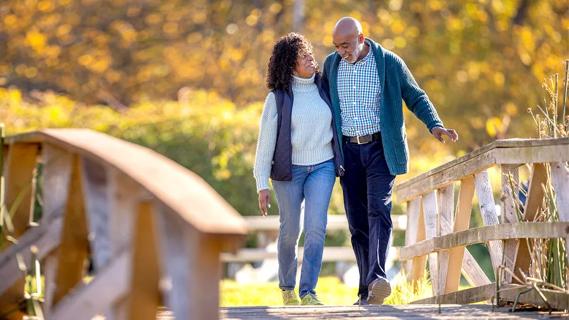
Absolutely! In fact, in many ways, exercise is key to recovery
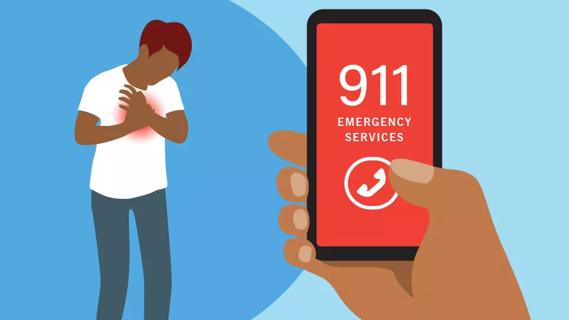
There’s no way to stop it once a heart attack is happening, but the most important thing you can do is to call for help
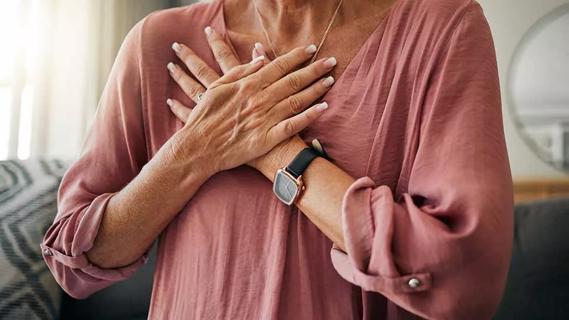
To help determine what you’re experiencing, focus on how the pain feels, the location of the pain, when it started and how long it lasts
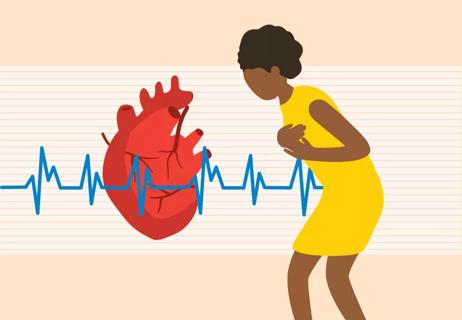
Symptoms may be mild, but don’t be fooled — any heart attack is serious

If you’re feeling short of breath, sleep can be tough — propping yourself up or sleeping on your side may help

If you fear the unknown or find yourself needing reassurance often, you may identify with this attachment style

If you’re looking to boost your gut health, it’s better to get fiber from whole foods